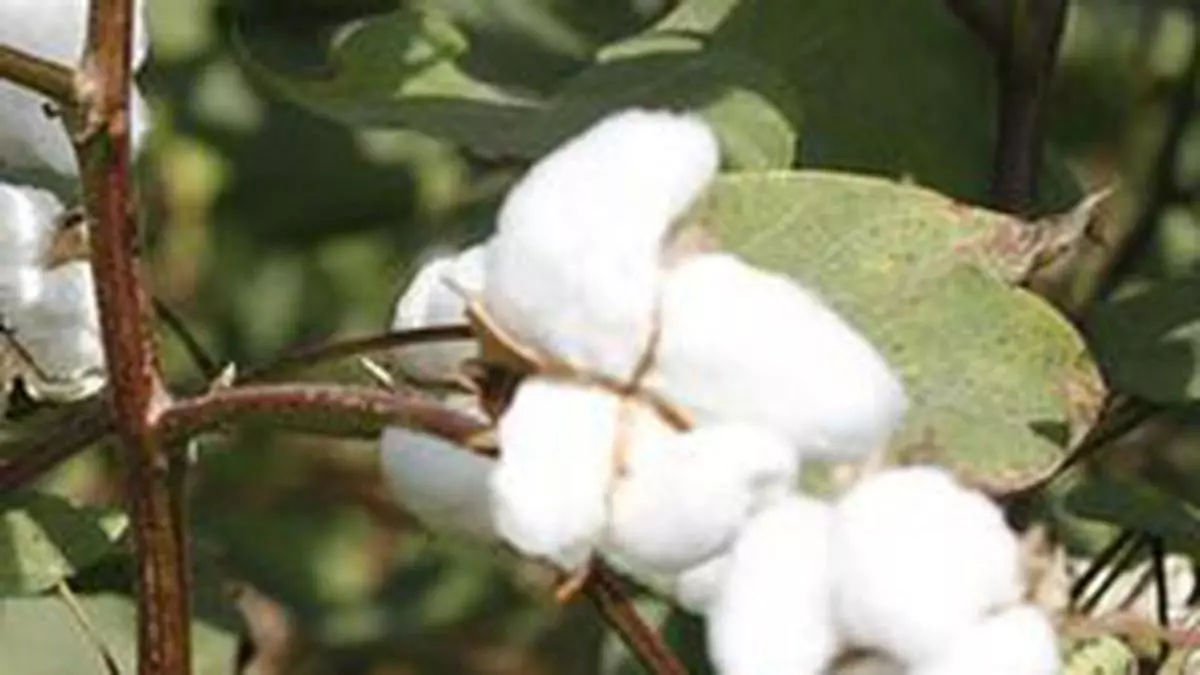Decoding consumer resistance to biotechnology food crops
All of us consume food, but not many are likely to be aware of food production systems. Yet consumers hold strong opinions on biotechnology food crops and their possible impact on human and environmental health. Even rural and semi-urban communities closely connected to farming have a negative perception of biotechnology food crops and treat them with scepticism, if not outright rejection.
Biotechnology food crops refer to crop strains produced by altering the genomic sequence of existing strains.
Given the rapidly increasing population and climate change, food production systems are under stress. Biotechnology interventions have shown immense potential in ensuring food security. Improvements include yield enhancement for rice, increased nutritional content for tomatoes, and longer shelf-life for bananas and apples.
The background
For centuries, humans have been selecting and/or developing superior crop traits by identifying and propagating seeds/strains with desired characteristics. Conventional breeding relied on physically connecting two parental crops with specific characteristics and relying completely on chance to produce next-generation plants. The new plants were then individually screened for the physical appearance of the desired characteristic(s). Shortlisting of improved crop varieties hence required 8-10 years and extensive resources.
As biotechnology advanced, molecular-assisted breeding (MAB) accelerated the selection by using genetic markers for desirable characteristics. While this helped hasten the screening of new strains, the process still relied on manually connecting plant strains to grow new strains, and the transfer of characteristics was completely by chance. There was no significant reduction in time and resources.
The next big change arrived with transgenesis, which enabled genetic modification of crops. In addition to infusing desirable traits from other plant species, genetic modification allowed the incorporation of genetic sequences from bacterial species into plants to express desirable proteins. Bt cotton is the most popular example, where the genes for a toxic protein produced by a bacteria called Bacillus thuringiensis were inserted into the cotton plant to make it resistant to the bollworm pest. Except for Bt cotton, no other genetically modified (GM) edible crop is cultivated in India to date due to public resistance. Groups like GM Free India and Greenpeace have brought to light human and animal health, ecological, financial, and ethical issues associated with the adoption of GM crops.
The way forward
Gene-editing technologies, which have gained traction over the last decade, are being explored las a safer means of changing crop traits. These techniques can alter genetic sequences without adding sequences from foreign species, while they can also add them whenever needed.
Gene-edited rice, fish, mustard, mushroom, and tomatoes have already reached consumer plates in Japan, China, and the US. The government of India has also opted for a relatively liberal path for monitoring and releasing gene-edited crops in comparison to GM crops. However, going by the unsuccessful adoption of GM crops in India, the eventual success of biotechnology food crops will depend on consumer acceptance. Responsible and transparent innovation by technology developers will be instrumental in creating public faith and understanding.
This would entail effective stakeholder engagement from the initial stages of technology development and objectively assessing the potential risks associated with gene-edited crops. Loss of biodiversity and the threat of monopoly in seed ownership are issues that warrant attention. Social science studies are needed to understand the complex issue of people’s resistance to the use of gene technology in food cultivation, even as it is perceived as life-saving in the area of medical science
Holistic structures to monitor the release and distribution of such products in the food market can help garner community support and ensure safe deployment. Context-specific development and deployment of crop strains will play a crucial role in the demonstration of early successes, which could lead to increased acceptance of biotechnology crops among the masses.
(The writer is assistant professor at Plaksha University, Mohali, teaching bio systems engineering)
